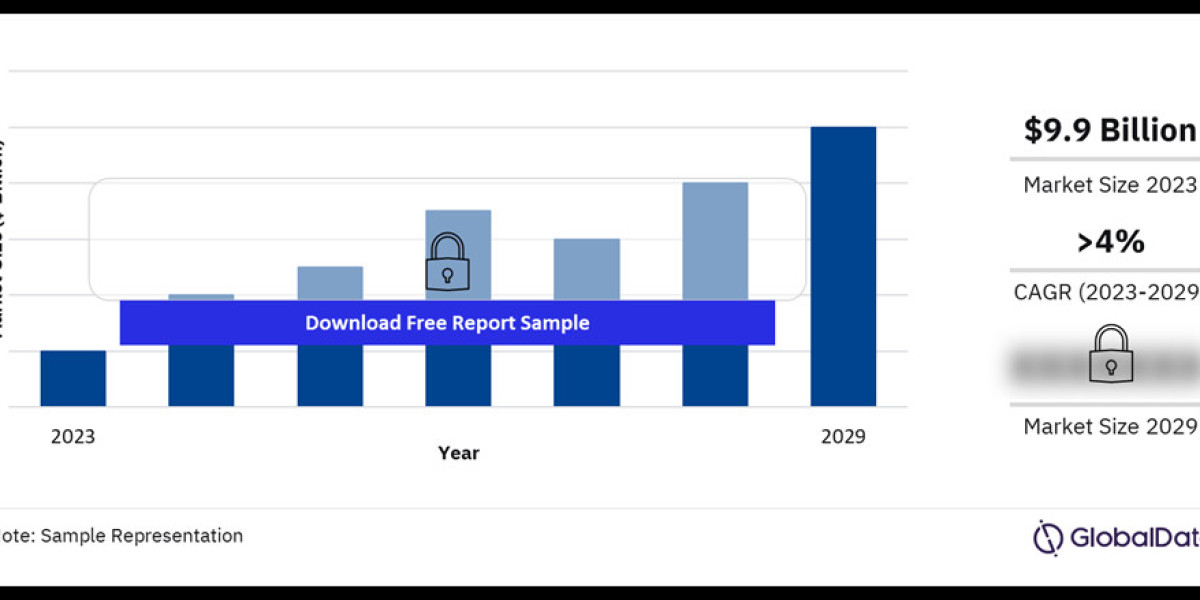Reducing emissions in the maritime industry is no longer optional—it’s a necessity. As regulations tighten and environmental awareness grows, vessel operators are exploring innovative ways to reduce their carbon footprint. What many may not realize is that cutting emissions also directly impacts fuel efficiency, creating a win-win situation for both the environment and operational costs. Explore more about how does vessel emission reduction impact fuel efficiency
Understanding Vessel Emissions
Vessel emissions largely consist of carbon dioxide (CO₂), sulfur oxides (SOₓ), and nitrogen oxides (NOₓ). These pollutants are released into the atmosphere during fuel combustion, contributing to air pollution and climate change. The maritime sector, a significant contributor to global emissions, is under pressure to adopt greener practices.
Fuel consumption, being the primary source of these emissions, sits at the core of this challenge. By addressing fuel inefficiencies, the maritime industry can effectively reduce emissions while simultaneously cutting costs.
The Link Between Emissions and Fuel Efficiency
Fuel efficiency and emissions are intrinsically connected. High fuel consumption translates to more emissions, while efficient fuel use minimizes waste. Emission reduction measures, therefore, often align with strategies for improving fuel efficiency.
For example, optimizing engine performance, adopting advanced hull designs, and implementing slow steaming not only reduce emissions but also significantly lower fuel consumption.
Key Strategies for Emission Reduction and Fuel Efficiency
Engine Optimization
Modern engines are designed to meet stricter emission standards. Upgrading or retrofitting older engines with energy-efficient technologies can drastically cut emissions while boosting performance. Techniques such as exhaust gas recirculation (EGR) and selective catalytic reduction (SCR) help reduce NOₓ levels, while advanced fuel injectors optimize combustion.
Alternative Fuels
Switching to cleaner fuels like liquefied natural gas (LNG) or biofuels can reduce emissions while maintaining energy efficiency. These fuels produce fewer pollutants and offer comparable performance to traditional marine fuels.
Hull and Propeller Innovations
Streamlined hull designs and efficient propellers reduce drag, allowing vessels to move more smoothly through water. This results in less energy expenditure and reduced fuel consumption. Regular maintenance, such as cleaning hulls to prevent biofouling, also plays a crucial role in sustaining efficiency.
Digitalization and AI
Advanced technologies like artificial intelligence (AI) and data analytics enable operators to monitor fuel consumption and optimize vessel performance. Real-time data can guide decisions on route planning, engine use, and speed adjustments, all of which contribute to lower emissions and improved fuel efficiency.
Slow Steaming
Operating vessels at lower speeds, a practice known as slow steaming, significantly reduces fuel consumption. While it may slightly increase transit times, the fuel and emission savings are often worth the trade-off.
Regulatory Push for Emission Reduction
International regulations, such as the International Maritime Organization’s (IMO) 2020 sulfur cap and the Energy Efficiency Design Index (EEDI), are compelling shipowners to prioritize emission reduction. Compliance with these regulations not only ensures environmental responsibility but also forces the adoption of practices that enhance fuel efficiency.
Benefits Beyond Efficiency
Reducing vessel emissions offers benefits beyond fuel efficiency. It enhances a company’s reputation, meets consumer demands for sustainable practices, and ensures compliance with global regulations. Additionally, reduced fuel consumption leads to significant cost savings over time, making sustainability a financially sound decision.
Conclusion: A Green Horizon for Maritime Operations
The maritime industry stands at a pivotal moment in history. By embracing emission reduction strategies, operators can achieve greater fuel efficiency, reduce operational costs, and contribute to a healthier planet. As innovation and regulation continue to drive change, the industry’s journey toward sustainability promises a cleaner, more efficient future for global shipping.
Visit the official website of perfomax.io







